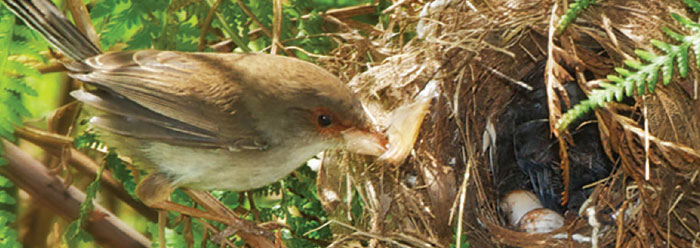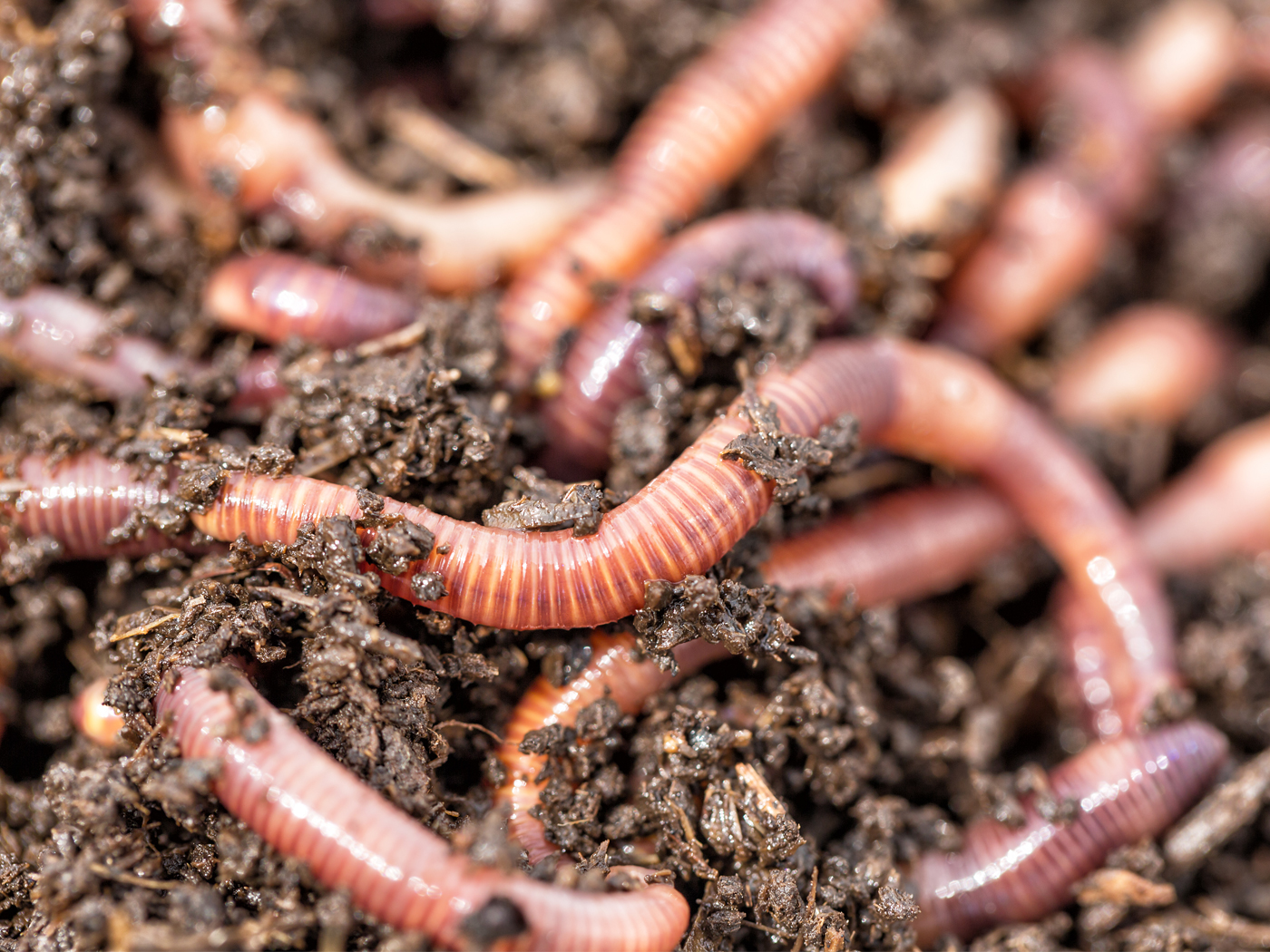In this fallen world, even bird households have troubles. One family problem encountered by many bird parents is the nest-security issue of brood parasites, a sneaky form of fowl “home invasion.”
Brood parasitism does not involve parasitic worms or bugs. Rather, it features a different kind of parasite—a freeloading bird family that imposes its baby upon a “host” family. The host family is thereafter burdened with the costs of nurturing the uninvited freeloader. Worse, the invasive guest often competes aggressively with legitimate nestlings for food and shelter.1, 2
Consider how the superb fairywren of Australia defends against the brood parasitism habits of the Horsfield’s bronze cuckoo (Chrysococcyx basalis). It enacts a marvelous solution to this problem.
In an avian version of identity fraud, the Horsfield’s bronze cuckoos deposit rust-speckled eggs into fairywren nests. Their eggs look like fairywren eggs, confusing nesting fairywrens regarding the eggs’ true biogenetic identity. The upside-down, dome-shaped nest is often dark inside, so visual confusion is common regarding which eggs really belong there. Horsfield’s bronze cuckoos often get by with their “changeling” deceptions, tricking fairywren parents into raising cuckoo eggs. After hatching, the imposters become bullies, often ejecting fairywren eggs from the nest, displacing the rightful heirs.
However, female fairywrens teach their offspring vocal “passwords” to use to prompt being fed by their mother. The fairywren mother communicates with her child before the chick has even hatched!
Diane Colombelli-Négrel, Sonia Kleindorfer, and colleagues from Flinders University in Australia discovered a remarkable way one bird fights back against brood parasites. Female superb fairy-wrens teach their embryos a “password” while they’re still in their eggs. Each female’s incubation call contains a unique acoustic element. After they hatch, fairy-wren chicks incorporate this unique [pass-code] element into their begging calls to ask for food.…[The] chicks whose begging calls most resembled their mothers’ incubation calls received more food. But the brood parasites of the fairy-wren, Horsfield’s bronze-cuckoos, produced begging calls that did not so closely resemble the parental password.1
Furthermore, if fairywren mothers observe cuckoos in the neighborhood, they become more diligent (i.e., more frequent) in teaching the “please feed me” passwords to their unhatched progeny. This increases the likelihood that their incubated babies will successfully beg for food using the vocal password after hatching, when they are nestling chicks. Even audio recordings of cuckoo vocalizations can trigger this response.
Researchers conducted a playback experiment at 29 nests…broadcast[ing] either the song of Horsfield’s bronze-cuckoo or a neutral bird. After the cuckoo calls, but not after the neutral bird calls, female fairy-wrens made more incubation calls to their embryos.…[showing that] female fairy-wrens that heard a cuckoo near their nest increased their efforts to teach their password to their embryos.1
Who but God would provide such ingenious home-security strategy and skills to protect fairywren families from the parasitic perils of cradle-crashing cuckoos?
References
- Bates, M. To Beat a Parasite, Birds Teach Their Young a Secret Password. Wired. Posted on wired.com June 10, 2014, accessed December 2, 2016. The strategic use of a properly pronounced password, called a shibboleth, derives from the military incident recorded in Judges 12:5-6.
- Stokes, D. W. and L. Q. Stokes.1983. A Guide to Bird Behavior, Vol. 2. Boston: Little, Brown and Company, 213.
* Dr. Johnson is Associate Professor of Apologetics and Chief Academic Officer at the Institute for Creation Research.














